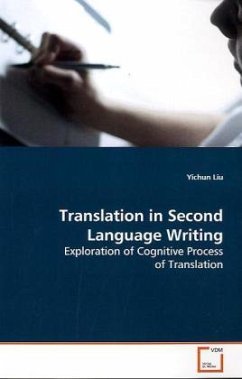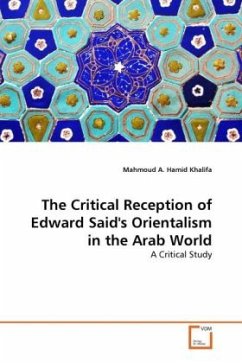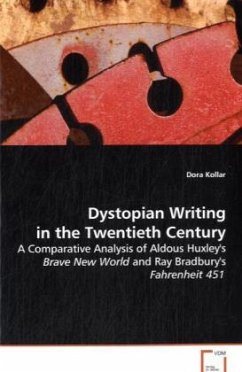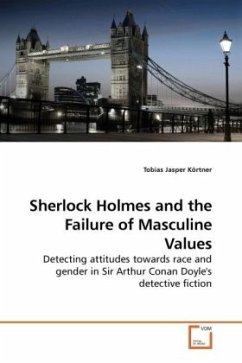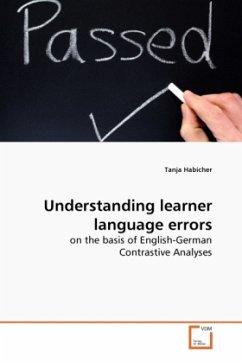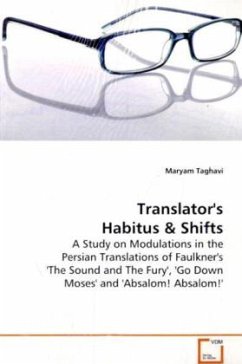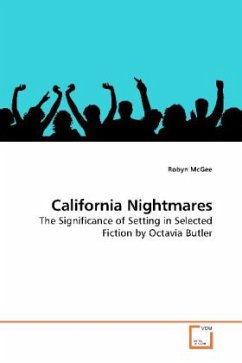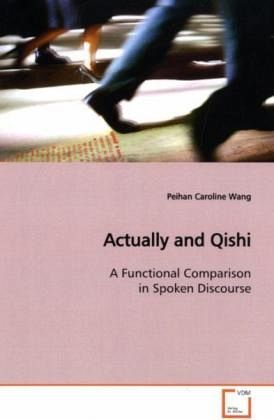
Actually and Qishi
A Functional Comparison in Spoken Discourse
Versandkostenfrei!
Versandfertig in 6-10 Tagen
32,99 €
inkl. MwSt.

PAYBACK Punkte
16 °P sammeln!
To make a comparison between actually and its corresponding expression, qishi in Mandarin Chinese, a variety of functions of these two expressions in spoken discourse are explored in this study. Aside from research on functions of actually and qishi, however, this study is also devoted to a comparison between researcher s and language users perspectives on using these two expressions. This study goes through two stages. In stage one, there are respectively 500 tokens of actually and qishi collected from recording of TV shows and DVD movie commentaries. Next, in stage two, there are 18 uses of ...
To make a comparison between actually and its
corresponding expression, qishi in Mandarin
Chinese, a variety of functions of these two
expressions in spoken discourse are explored in this
study. Aside from research on functions of actually
and qishi, however, this study is also devoted to a
comparison between researcher s and language users
perspectives on using these two expressions. This
study goes through two stages. In stage one, there
are respectively 500 tokens of actually and qishi
collected from recording of TV shows and DVD movie
commentaries. Next, in stage two, there are 18 uses
of actually and 174 uses of qishi elicited from the
interviews. To compare the perspective of the
researcher with that of the language users, the
functions of these elicited tokens are respectively
examined by the researcher and the interviewees,
namely, the language users themselves.
corresponding expression, qishi in Mandarin
Chinese, a variety of functions of these two
expressions in spoken discourse are explored in this
study. Aside from research on functions of actually
and qishi, however, this study is also devoted to a
comparison between researcher s and language users
perspectives on using these two expressions. This
study goes through two stages. In stage one, there
are respectively 500 tokens of actually and qishi
collected from recording of TV shows and DVD movie
commentaries. Next, in stage two, there are 18 uses
of actually and 174 uses of qishi elicited from the
interviews. To compare the perspective of the
researcher with that of the language users, the
functions of these elicited tokens are respectively
examined by the researcher and the interviewees,
namely, the language users themselves.




